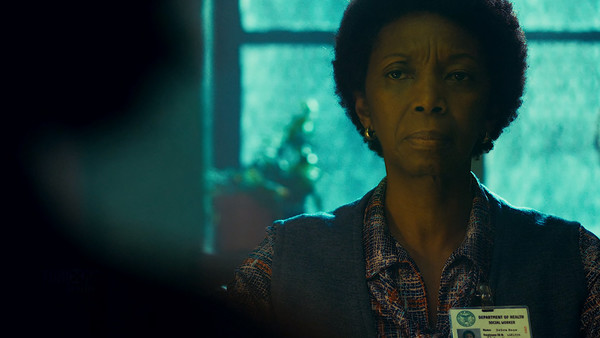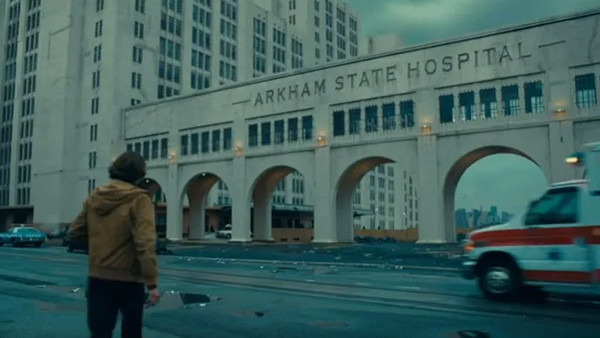Joker (2019): 8 Major Problems No One Wants To Admit
5. It Abandons A REALLY Valuable Point About Mental Health Treatment

Even more frustrating, perhaps, is the fact that Joker comes so, so close to making a salient point about the limitations of mental healthcare, only to dovetail into a cliche that leaves the audience uncertain about how Arthur's treatment - and then lack thereof - contributed to his transformation.
At the beginning of the story, we learn that Arthur is taking several different kinds of medication for his own mental illness. It's established that he was once committed, and that while he's currently having visits with a social worker on top of his prescription, it's having little to no effect on his overall mood. All he has are "negative thoughts", so we're told, while Sharon Washington's character seems relatively uncompelled to dig deeper into Arthur's state of mind.
This is important, because, in real life, mental health treatments can hit roadblocks. For those with diagnosed mental conditions who access treatment, sometimes that treatment can have little to no effect. It's a sad reality that many who access those services are then turned away or ignored when they're considered too 'difficult' to treat, and it's an attitude that bleeds into societal responses towards the mentally ill.

Joker very nearly touches on that point, only for Arthur to have his evaluations and state-funded medication taken away from him. That in itself isn't a problematic element - in fact it's salient in its own way, as governments do cut funding to mental healthcare. The issue is that, in lending more weight to that trigger, Joker makes Arthur's prior treatment almost redundant. He's dissatisfied with said treatment, and even kills while he's on medication. When Arthur is then deprived of his treatment, however, the film frames it as a turning point, and one that doesn't really make sense in the context of the first act.
There's also the fact that the film frames mental health treatment under a realistic guise. Again, this is fine in and of itself, but Joker also frames the title character's illness as being almost otherworldly. We don't know what conditions he has, or even what medication he takes, meaning the overall message feels like one great contradiction.